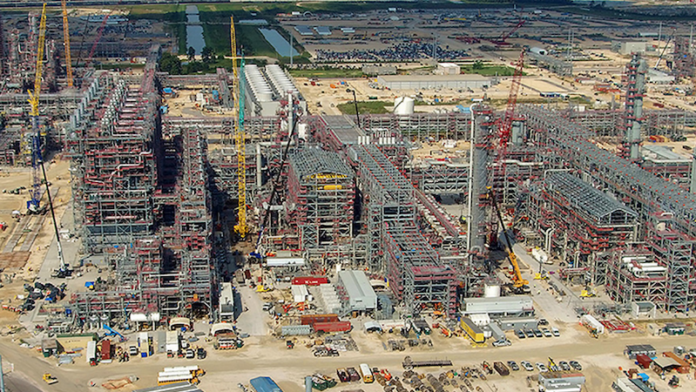
A DOWNGRADE in the credit rating of Sasol would not materially increase its cost of capital, said Fleetwood Grober, CEO of the South African petrochemicals company.
Grobler was responding to credit rating downgrades imposed by Moody’s Investor Services and S&P which cut Sasol to junk status. This was following lower cash generated in the six months ended December and an increase in the group’s gearing (debt:equity) to 64.5% from 56.3% previously.
On a net debt to earnings before interest, tax, depreciation and amortisation (EBITDA), the company was trading on a ratio of 2.9x as of December 31, – below the 3.5x threshold set in terms of lender covenants, but tight enough to cause a level of unease.
The root cause of Sasol’s problems is the overruns on the budget for its Lake Charles Chemical Project (LCCP) which is expected to cost $12.8bn compared to an original budget of $8.9bn. Shares in the company have fallen about 62% on a 12-month basis.
Earlier this week, Moody’s lowered Sasol’s long-term rating to Ba1, the first non-investment grade level, saying the cost overruns of LCCP had burdened the company with high financial leverage.
“We recognise the challenges presented by the current market environment,” said Grobler in a statement today and who is to hold a conference call on March 10 to discuss the group’s plans for its balance sheet management.
Moody’s said the pace of Sasol’s ability to deleverage the balance sheet was “… vulnerable to event risks and challenging market conditions globally and domestically”. This was demonstrated by downward revisions of LCCP’s pretax earnings and that R138bn in debt stock would not be ameliorated sufficiently by cash flows.











